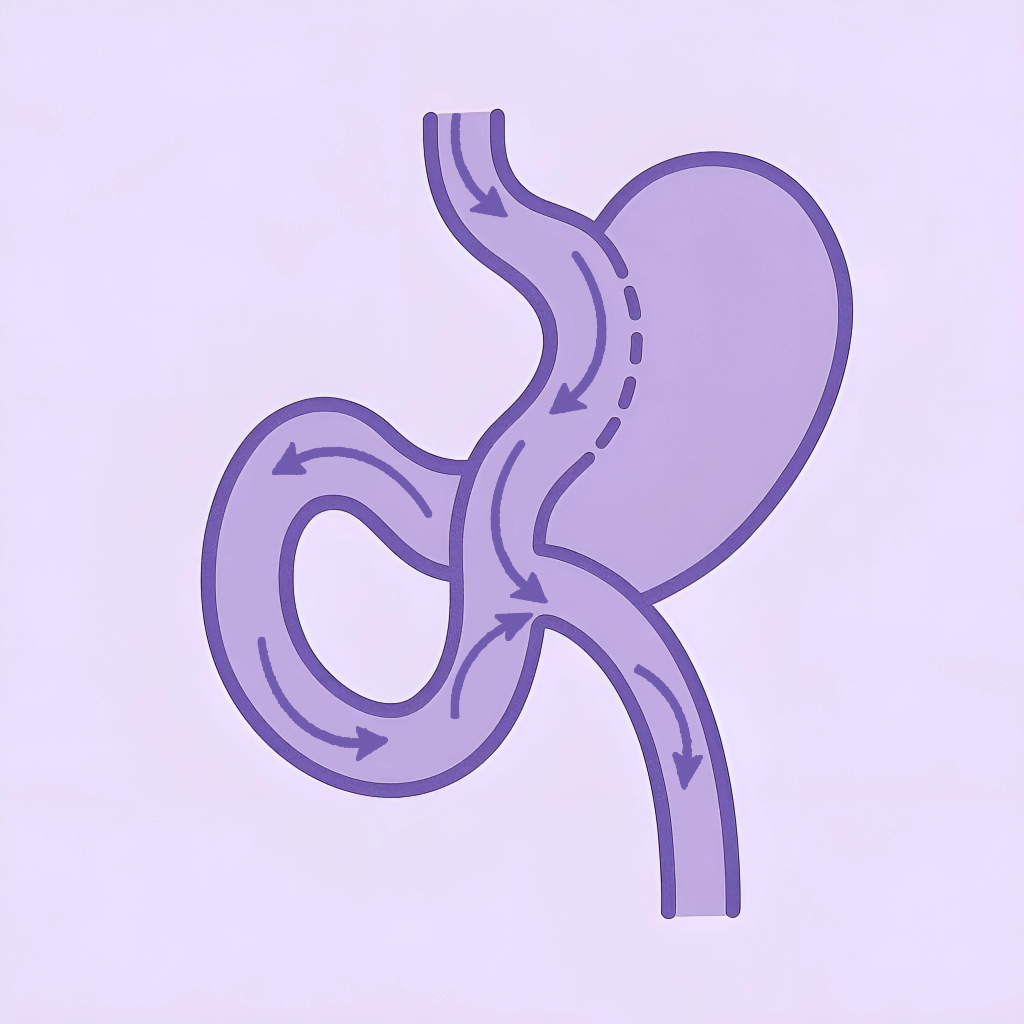Fisura Anal







La cirugía de fisura anal es un procedimiento para tratar desgarros crónicos en el canal anal y aliviar el dolor
Descripción General
Una fisura anal es un desgarro en el revestimiento del ano, la última parte del tracto digestivo. Este desgarro ocurre cuando el tejido anal se estira en exceso, a menudo debido a heces duras, estreñimiento o esfuerzo durante las evacuaciones intestinales. Puede causar dolor, sangrado y malestar, especialmente durante y después de las evacuaciones.
Las fisuras anales son diferentes a las hemorroides, aunque comparten síntomas similares. Las hemorroides son vasos sanguíneos inflamados, mientras que las fisuras anales son cortes dolorosos en el tejido. En la mayoría de los casos, las fisuras agudas sanan dentro de las seis semanas con tratamientos conservadores como cambios en la dieta, baños de asiento, ablandadores de heces y medicamentos tópicos. Sin embargo, las fisuras crónicas que duran más de seis semanas pueden requerir tratamiento adicional, como inyecciones de Botox o cirugía.
Cuándo Se Recomienda La Cirugía?
La cirugía de fisura anal se recomienda para individuos que experimentan dolor persistente, sangrado o malestar que no mejora con medicamentos, cambios en la dieta o tratamientos tópicos. Si la fisura provoca espasmos musculares recurrentes o dolor intenso durante las evacuaciones intestinales, la intervención quirúrgica puede ser necesaria para el alivio.
En casos donde las fisuras causan infecciones persistentes, estenosis anal o afectan significativamente la calidad de vida, la cirugía se convierte en la solución más eficaz a largo plazo. Las fisuras anales crónicas a menudo no sanan por sí solas debido a la disminución del flujo sanguíneo en el área afectada. En tales casos, la cirugía ayuda a relajar el esfínter anal, permitiendo una mejor circulación sanguínea y promoviendo la curación.
Detalles Del Procedimiento
La cirugía de fisura anal se realiza utilizando una técnica mínimamente invasiva para aliviar la presión sobre el esfínter anal y permitir que la fisura sane
Se administra anestesia para la comodidad del paciente
Se realiza una pequeña incisión en el esfínter anal (esfinteroplastia lateral interna)
El músculo del esfínter se divide parcialmente para reducir la tensión y promover la curación
La fisura se deja sanar de forma natural sin suturas adicionales.
El procedimiento se completa y se proporcionan instrucciones de cuidados postoperatorios
Recuperación
La curación después de la cirugía de fisura anal es generalmente rápida, y la mayoría de los pacientes experimenta alivio en unos pocos días. Puede presentarse dolor leve y sangrado menor, pero estos mejoran gradualmente con el cuidado adecuado y la medicación. Una higiene adecuada y ablandadores de heces pueden ayudar a facilitar el proceso de recuperación.
Proporcionamos pautas personalizadas de cuidados postoperatorios, que incluyen recomendaciones dietéticas, baños de asiento y prácticas de higiene para apoyar la curación. Las citas regulares de seguimiento aseguran una recuperación adecuada y previenen complicaciones. Se recomienda a los pacientes mantenerse hidratados y seguir una dieta rica en fibra para evitar el esfuerzo y reducir el riesgo de recurrencia.
Tiene preguntas sobre su tratamiento?

Preguntas Frecuentes
Encuentre respuestas a consultas comunes
Necesita soporte personalizado?
Envíenos un mensaje por WhatsApp para obtener una respuesta rápida; respondemos en minutos
En qué tipos de procedimientos quirúrgicos se especializa el Dr. Gül?
Qué factores convierten a Turquía en un destino de referencia para procedimientos quirúrgicos?
Cuál es el tiempo de recuperación habitual para la mayoría de las cirugías?
Qué procedimientos bariátricos ofrece la clínica?
Cuánto peso se espera perder después de una cirugía bariátrica?
Qué idiomas habla el Dr. Gül y su equipo?
Será necesario tomar suplementos después de la cirugía bariátrica?
Cubren los seguros estos procedimientos?
Es posible combinar el tratamiento con un viaje a Turquía?
Qué tipo de soporte postoperatorio está disponible?
Nuestra experiencia

Manga Gástrica
La gastrectomía en manga es un procedimiento bariátrico mínimamente invasivo que consiste en la resección de aproximadamente el 80% del estómago

Bypass Gástrico Mini
Simpler, less invasive gastric bypass for significant weight loss and diabetes control.

Balón Gástrico
El balón gástrico es un procedimiento no quirúrgico y temporal para la pérdida de peso que consiste en colocar un balón suave e inflable en el estómago para reducir el hambre y limitar la ingesta de alimentos.
Siga al Dr. Gül en Instagram





